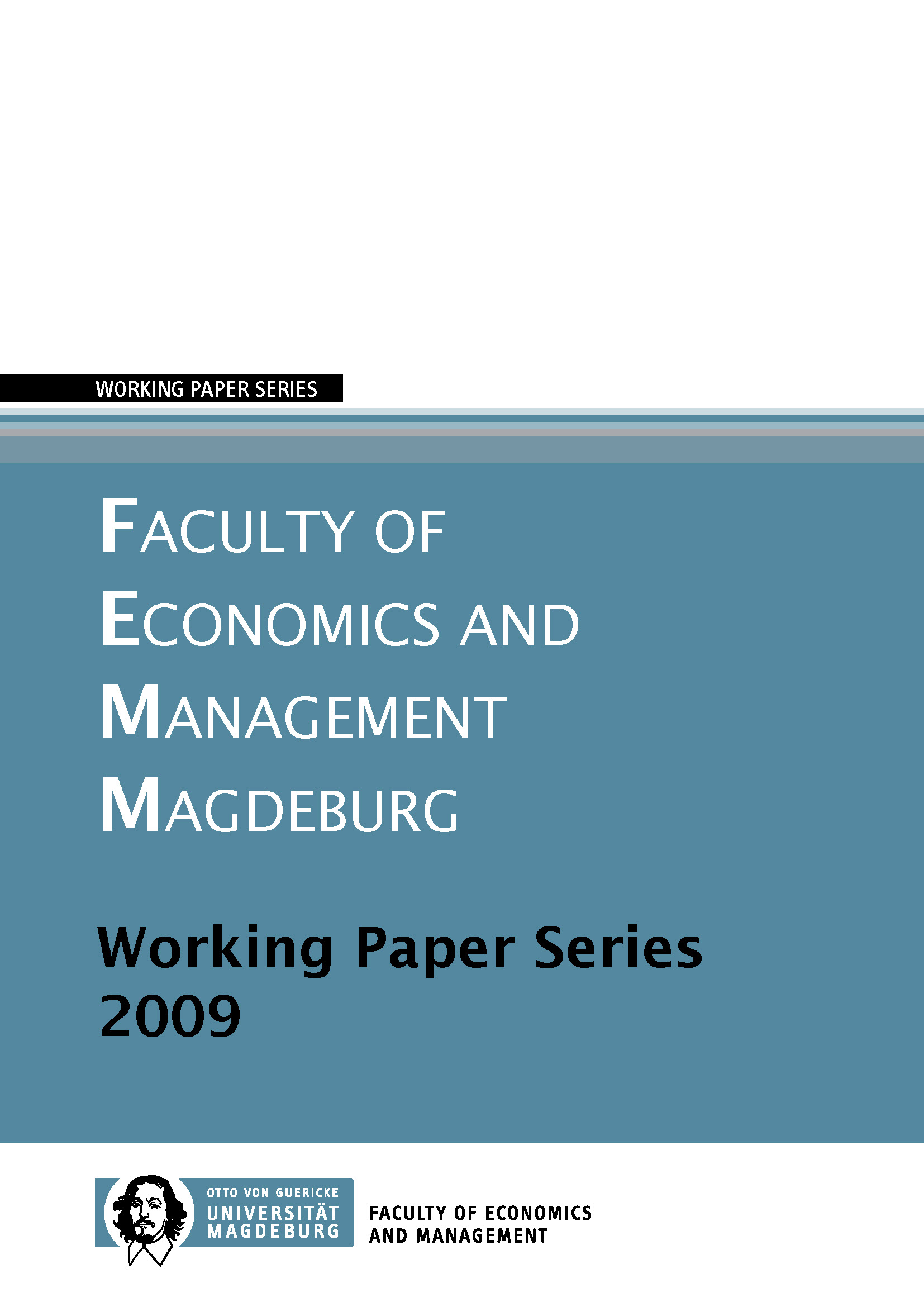Is brain activity observable that leads to an evaluation of a probability of 0.5 that is different from 0.5 in binary lottery choices?
DOI:
https://doi.org/10.24352/UB.OVGU-2018-382Abstract
This paper focuses on the problem of probability weighing in the evaluation of lotteries. According to Prospect Theory a probability of 0.5 has a weight of smaller than 0.5. We conduct an EEG experiment in which we compare the results of the evaluation of binary lotteries by certainty equivalents with the results of the bisection method. The bisection method gives the amount of money that corresponds to the midpoint of the utilities of the two payoffs in a binary lottery as it has been shown previously. In this method probabilities are not evaluated. We analyzed EEG data focused on whether a probability is evaluated or not. Our data show differences between the two methods connected with the attention towards sure monetary payoffs, but they do not show brain activity connected with a devaluation of the probability of 0.5.


